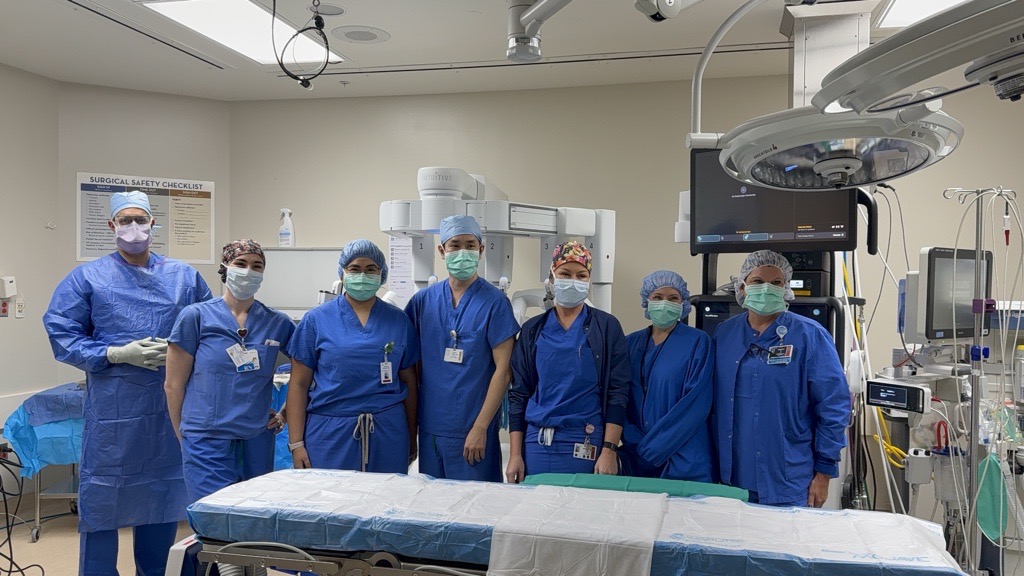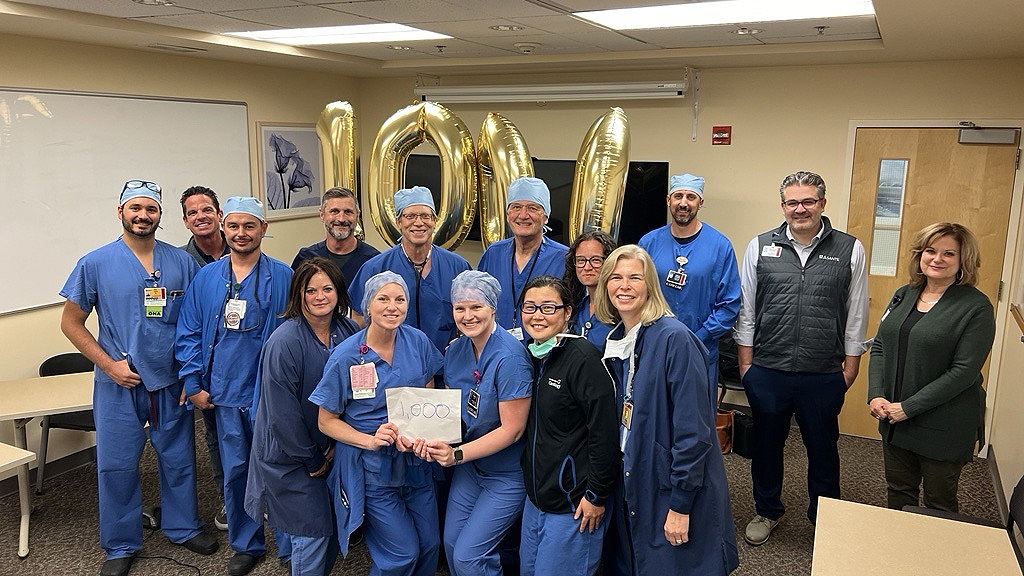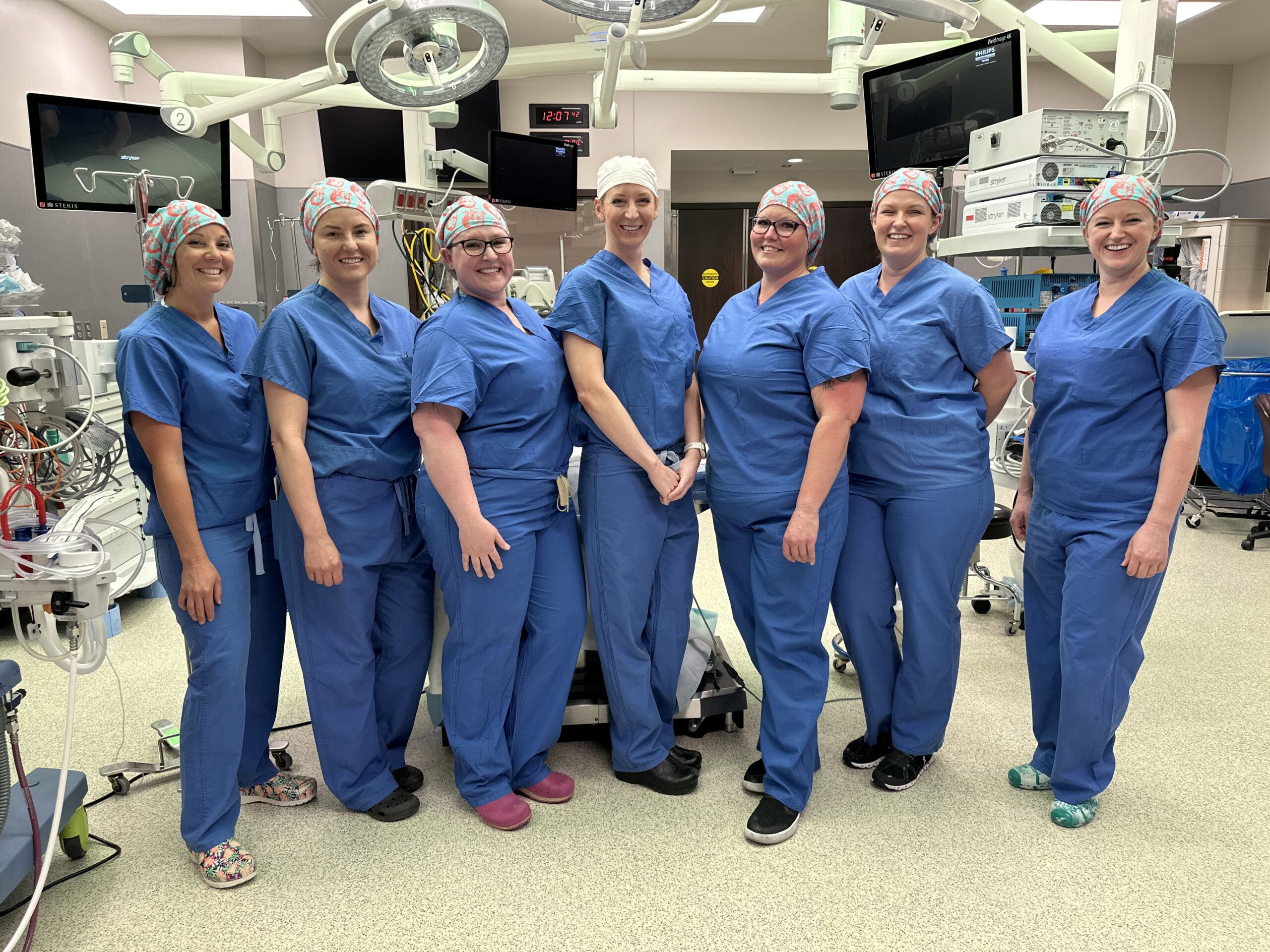Summary
Did you know that high cholesterol doesn't tell the whole story when it comes to your risk of heart disease? There are many other factors that can increase your chances of developing atherosclerotic cardiovascular disease. Find out what they are and how to reduce your risk.
Great question! Did you know cholesterol is not the only risk factor for heart disease? Studies are now showing that several other health considerations can affect your chances of developing the disease.
Standards for treating cholesterol in this country are set by The American Heart Association and the American College of Cardiology. In 2013, these experts revised their recommendations based on the latest research, so that treatment now focuses on a “bigger picture” goal of reducing a person’s overall risk of heart attack and stroke. That means that in addition to treating cholesterol, doctors are now looking at a variety of other risk factors for developing atherosclerotic cardiovascular disease, or ASCVD.
ASCVD is a type of heart disease in which your arteries get clogged with sticky plaque. That plaque can eventually harden and restrict blood flow, causing heart attack or stroke. This plaque is made of cholesterol; therefore, the lower your cholesterol, the lower your chances of developing the plaque.
However, other factors can also increase your risk of ASCVD. These include your age, diabetes, smoking, high blood pressure, low HDL (“good”) cholesterol, and family history. Some preexisting medical conditions or drug treatments may also increase your chances of heart disease, heart attack or stroke. Any of these culprits may trigger your doctor’s concern.
You can lower your risk of developing heart and vascular disease by adopting healthy lifestyle habits. This includes following a heart-healthy diet and being physically active, working your way up to at least 3½ hours per week of moderate-intensity exercise such as brisk walking or 75 minutes per week of vigorous exercise such as running.
Remember, even if your cholesterol isn’t high, your doctor can evaluate all your risk factors combined and recommend a treatment plan that’s right for you.
Brad Personius, MD FACC is Director of Cardiology at Asante Three Rivers Medical Center in Grants Pass and is a partner in Southern Oregon Cardiology in Grants Pass.









